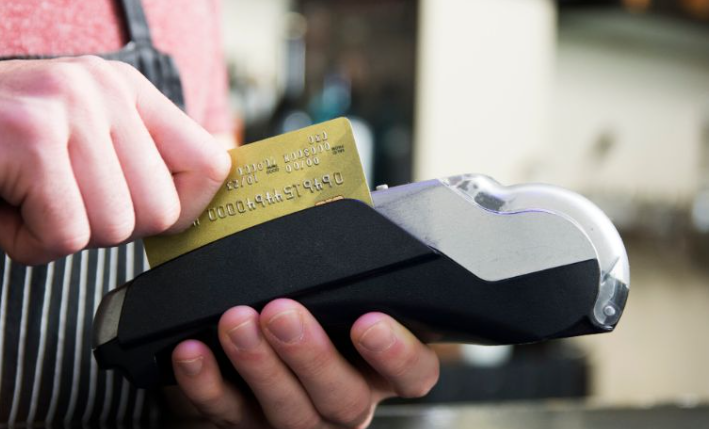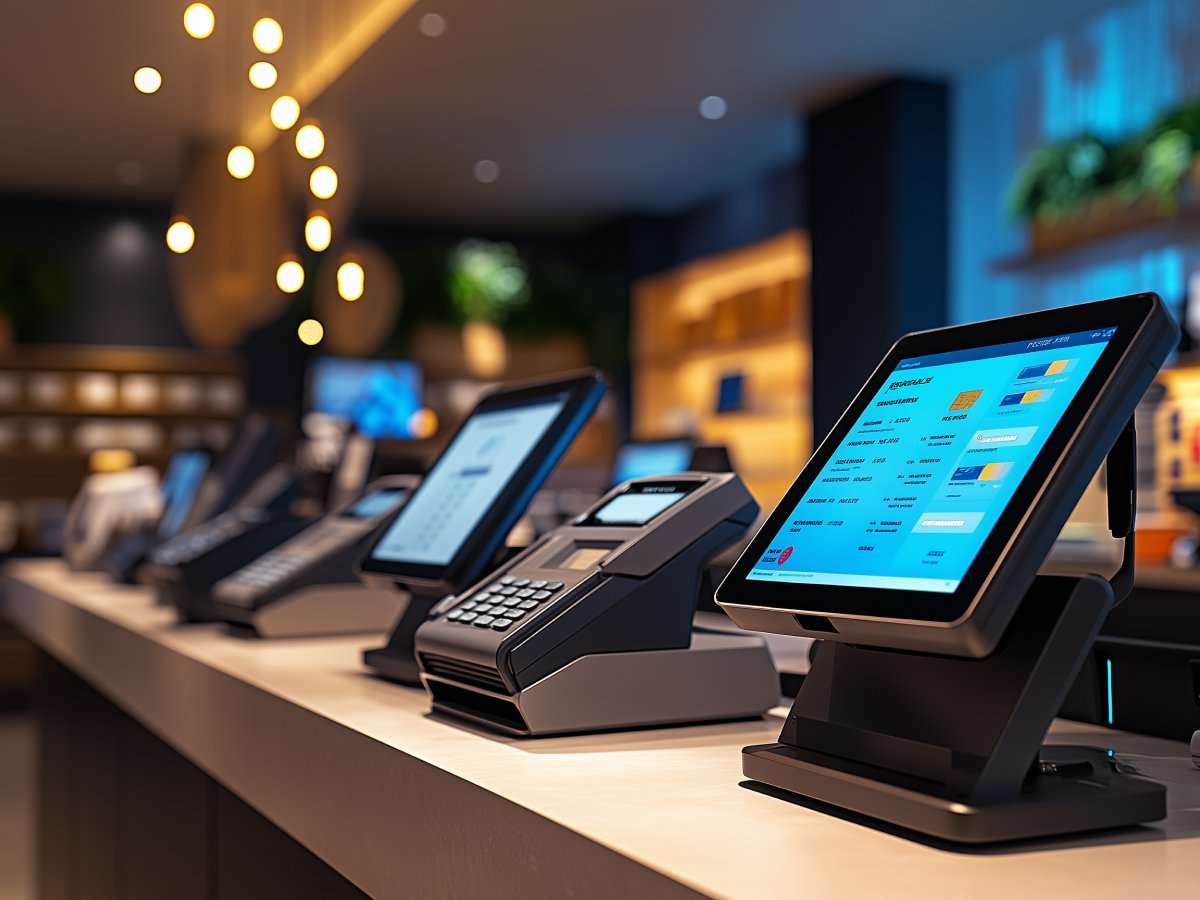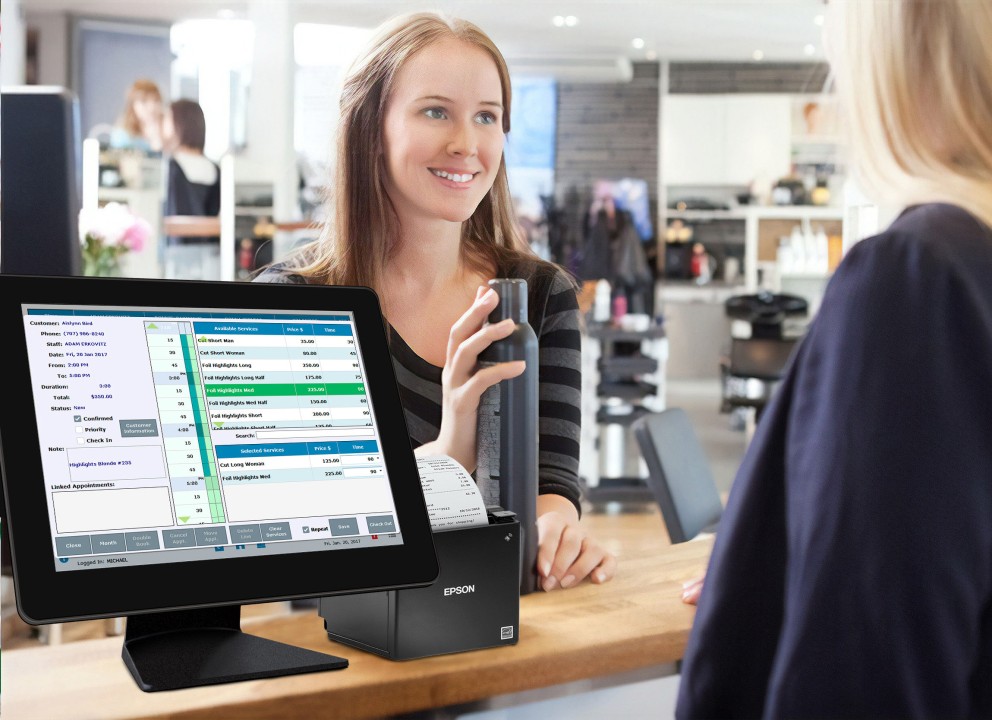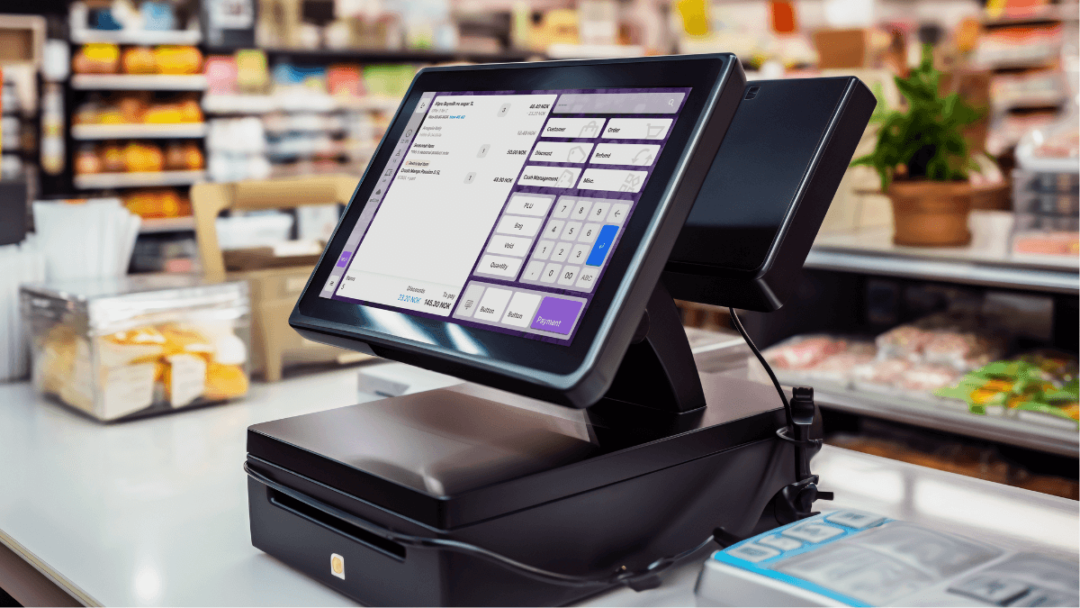The Growing Importance of POS Systems in the Food Industry

The food industry has evolved dramatically over the years, with technology playing a significant role in streamlining operations and enhancing customer experience. Among the most crucial technological advancements is the Point of Sale (POS) system, which has become an essential tool for restaurants, food trucks, cafes, and other food-related businesses. From managing sales and inventory to improving customer service and integrating digital payments, POS systems are revolutionizing the way the food industry operates.
1. Streamlining Order Management
One of the biggest advantages of using a POS system in the food industry is its ability to streamline order management. In a fast-paced restaurant environment, efficiency is crucial, and a POS system ensures that orders are processed quickly and accurately.
- Orders can be directly sent to the kitchen, reducing miscommunication.
- Customizations and special requests are recorded to enhance accuracy.
- Integration with online ordering platforms ensures a smooth workflow between dine-in, takeout, and delivery services.
For example, a busy fast-food chain can use a POS system to route orders directly to different kitchen stations, ensuring that food is prepared and served faster without confusion.
2. Improved Inventory Management
Effective inventory management is a critical aspect of running a successful food business. A modern POS system helps track stock levels in real-time, reducing waste and ensuring that ingredients are always available when needed.
- Alerts for low-stock items prevent running out of key ingredients.
- Automatic reordering features help maintain an optimal supply chain.
- Sales data provides insights into which menu items are most popular, allowing better forecasting and planning.
For instance, a pizza restaurant can track cheese, dough, and toppings in real-time, ensuring they never run out of essential ingredients during peak hours.
3. Enhancing Customer Experience
A great dining experience is not just about food quality; it also involves efficient service and personalized interactions. POS systems help enhance the overall customer experience by:
- Reducing wait times with quick billing and payment processing.
- Offering digital receipts and multiple payment options, including contactless and mobile payments.
- Implementing customer loyalty programs and personalized discounts.
For example, a café can use a POS system to track customer preferences and offer personalized drink recommendations based on past purchases.
4. Multi-Location and Cloud-Based Management
For restaurant chains and franchises, managing multiple locations can be complex. A cloud-based POS system provides a centralized platform where business owners can:
- Monitor sales, inventory, and employee performance across all locations.
- Ensure consistent pricing, menu updates, and promotions.
- Access real-time reports from anywhere, enabling better decision-making.
For example, a national burger chain can use a cloud POS system to roll out a new promotional deal across all outlets instantly, ensuring consistency.
5. Employee Management and Efficiency
Managing a team efficiently is critical in the food industry, where staff turnover can be high. A POS system assists in employee management by:
- Tracking work hours and streamlining payroll processing.
- Assigning different access levels to prevent unauthorized actions.
- Measuring employee performance based on sales and service speed.
A fine-dining restaurant, for example, can use POS analytics to determine which servers generate the most sales and offer targeted training or incentives.
6. Seamless Online Ordering and Delivery Integration
With the rise of online food delivery services, POS systems have evolved to integrate with third-party delivery platforms like Uber Eats, DoorDash, and Grubhub. Benefits include:
- Automatic syncing of online orders with in-house orders to avoid delays.
- Real-time updates on delivery status for better customer communication.
- Consolidated reporting of dine-in, takeout, and delivery sales.
A sushi restaurant using a POS-integrated online ordering system can efficiently manage dine-in and online orders, reducing confusion and improving service speed.
7. Data Analytics for Business Growth
POS systems provide valuable insights into customer preferences, sales trends, and operational efficiency. With data-driven analytics, food businesses can:
- Identify best-selling and underperforming menu items.
- Optimize pricing strategies based on customer demand.
- Predict peak hours and schedule staff accordingly.
For example, a dessert shop can analyze seasonal trends and introduce special promotions during peak demand periods to maximize sales.
8. Increased Security and Fraud Prevention
Handling cash and credit card transactions comes with security risks. A secure POS system helps prevent fraud and data breaches by:
- Encrypting payment data to protect customer information.
- Restricting unauthorized access to financial reports and sensitive data.
- Tracking voids, refunds, and discounts to prevent employee theft.
A high-end restaurant, for instance, can implement user authentication in its POS system to ensure only authorized staff can process discounts and refunds.
Conclusion
The growing importance of POS systems in the food industry is undeniable. As food businesses continue to embrace digital transformation, a modern POS system serves as the backbone of efficient operations, seamless customer experiences, and increased profitability. Whether it’s a small food truck or a multi-location restaurant chain, investing in the right POS system can significantly improve business efficiency, reduce costs, and drive long-term success.





